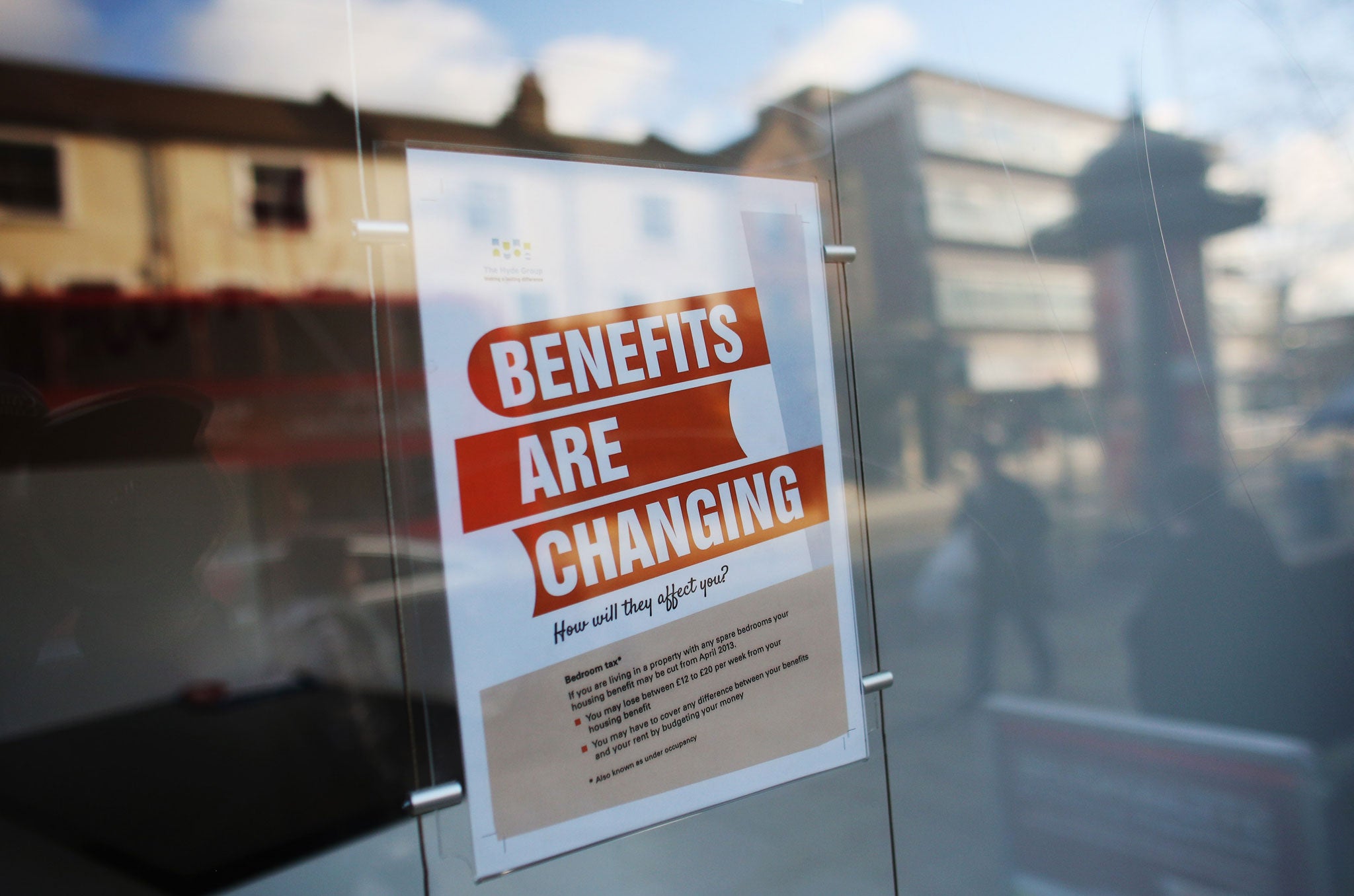George Osborn's Autumn Statement proves that we’re already in Plan B. He just hasn’t told us
The UK will borrow an extra £220bn and at lower interest rates than expected for the smaller original figure. This is having a “Plan B” without announcing it.


So what’s the verdict? First, the Statement proves that, despite all the talk of retrenchment, the Coalition has allowed “automatic stabilisers” to work. Without them, the economy would be growing even more slowly.
The deficit of course ends up higher than it otherwise would. Last year, the UK was in the high-deficit group of European countries. As a result, current Government spending has on balance in the last few years been a positive, and in some recent quarters, the main contributor to growth when much else was shrinking.
Second, the extra borrowing and the extension of the timing for achieving fiscal targets has taken place without the markets panicking. If the figures are to be believed, the UK will borrow £220bn more than projected by end of the current forecasting period, and at lower interest rates than the smaller original figure was expected to attract. I call this having a “Plan B” without announcing it. But where will future growth come from? Some growth may have been lost for ever – productivity has dropped very significantly.
The OBR points to spending weakness partly caused by external shocks such as higher food and energy costs. But another factor relates to the eurozone crisis – the severity of which was for some reason not appreciated in forecasts. My concern is current forecasts may be making the same mistake. Growth of 1.2% next year and to over 2% thereafter sounds better than the likely – 0.1 % drop in 2012 but even that will be in doubt if the eurozone moves into recession.
Pumping more targeted money into the economy will have to be the answer. The switch from current to capital spending is a must, but it takes time. It will need to be supplemented by extra capital spending to counter the weak external environment and generate jobs. Just don’t tell anyone you are doing it.
Vicky Pryce is a former senior Government adviser
Join our commenting forum
Join thought-provoking conversations, follow other Independent readers and see their replies
Comments
Bookmark popover
Removed from bookmarks